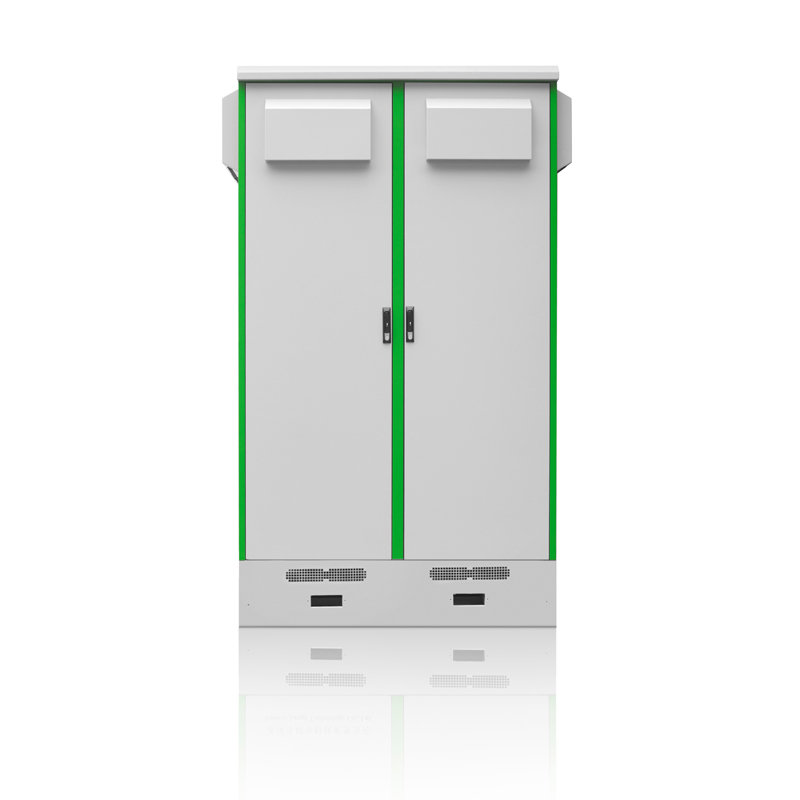
Nov . 14, 2024 09:05 Back to list
industrial and commercial energy storage
Industrial and Commercial Energy Storage A Key to Sustainable Growth
In today's rapidly evolving energy landscape, the need for effective energy storage solutions has never been more critical. Industrial and commercial energy storage systems are at the forefront of this transformation, playing a pivotal role in facilitating renewable energy integration, enhancing grid reliability, and driving economic efficiency.
The global shift toward renewable energy sources, such as wind and solar power, has brought about new challenges and opportunities. These sources are inherently intermittent; they do not produce energy consistently throughout the day. Energy storage systems bridge this gap by storing excess energy generated during peak production times and releasing it when demand surges. This capability is indispensable for industries that operate around the clock and commercial establishments that seek to optimize their energy usage.
One prominent technology utilized in industrial and commercial energy storage is battery energy storage systems (BESS). Lithium-ion batteries, in particular, have gained widespread acceptance due to their high energy density, efficiency, and declining costs. These systems can be deployed at various scales, from small commercial setups to large industrial installations, ensuring that businesses can tailor solutions to their specific needs.
Moreover, energy storage can significantly enhance grid stability. By providing ancillary services such as frequency regulation and voltage control, these systems can help utilities manage the complexities of a modern grid, especially as more distributed energy resources come online. The ability to quickly dispatch stored energy during peak periods can also reduce the need for fossil fuel-based peaker plants, contributing to lower greenhouse gas emissions.
industrial and commercial energy storage

The economic benefits of energy storage are equally compelling. Businesses that invest in these systems can minimize their energy costs by taking advantage of time-of-use pricing, where electricity prices vary based on demand. By discharging stored energy during peak pricing periods, companies can significantly lower their electricity bills. Additionally, energy storage can provide backup power during outages, ensuring operational continuity and protecting against potential revenue losses.
Governments and regulatory bodies are increasingly recognizing the importance of energy storage in achieving sustainability goals. Incentives, tax credits, and supportive policies are being introduced to promote investment in these technologies. As businesses become more aware of the financial and operational advantages of energy storage, adoption rates are expected to climb.
However, challenges remain in the widespread implementation of industrial and commercial energy storage solutions. Issues such as upfront capital costs, technology maturity, and regulatory hurdles can impede adoption. Therefore, stakeholders must collaborate to develop innovative financing mechanisms, streamline regulations, and advance research in energy storage technologies.
In conclusion, industrial and commercial energy storage represents a critical component of the transition to a more sustainable energy future. By enabling the integration of renewable energy, enhancing grid reliability, and providing substantial economic benefits, energy storage systems are not just an option—they are a necessity for businesses aiming to thrive in a competitive landscape. As technology advances and costs continue to decline, the future of energy storage looks brighter than ever, promising a more resilient and sustainable energy infrastructure.
-
Advanced AI Energy Management with GPT-4 Turbo
NewsAug.02,2025
-
AI-Powered EMS with GPT-4-Turbo | Efficiency Boost
NewsAug.01,2025
-
Optimized Storage System for GPT-4-Turbo | High Performance
NewsJul.31,2025
-
AI Energy Management System w/ GPT-4 Turbo Efficiency
NewsJul.31,2025
-
High-Performance Energy Storage System for Reliable Power Solutions
NewsJul.30,2025
-
Advanced EMS Solutions for Energy Management System & Storage Battery Companies
NewsJul.29,2025























